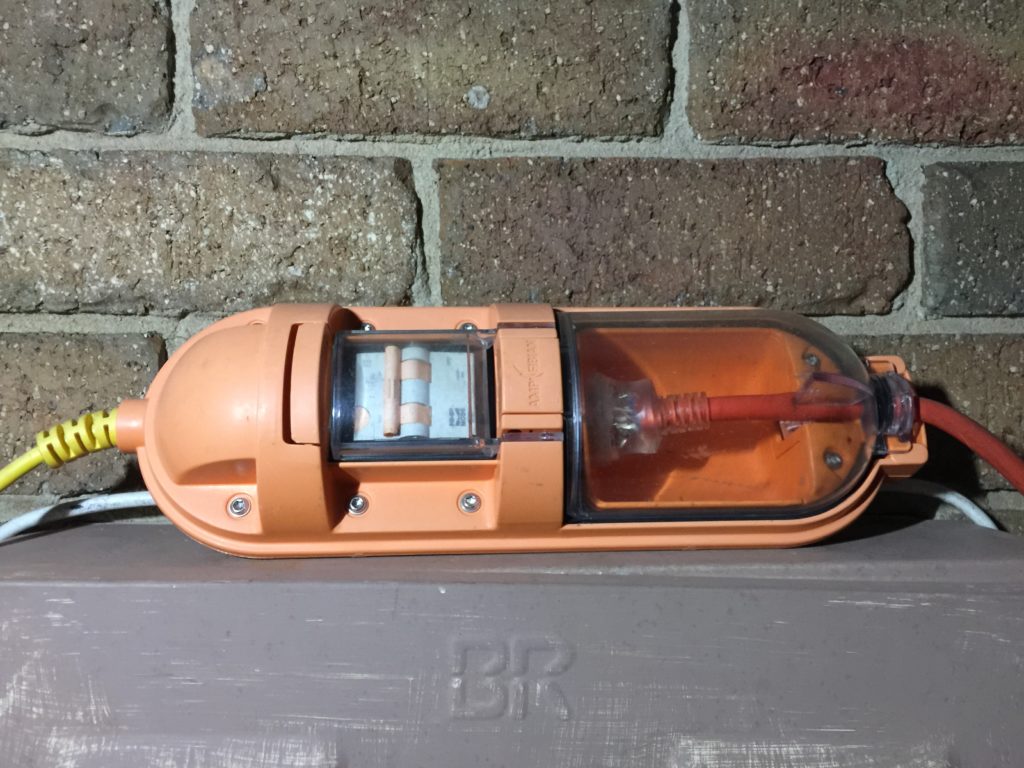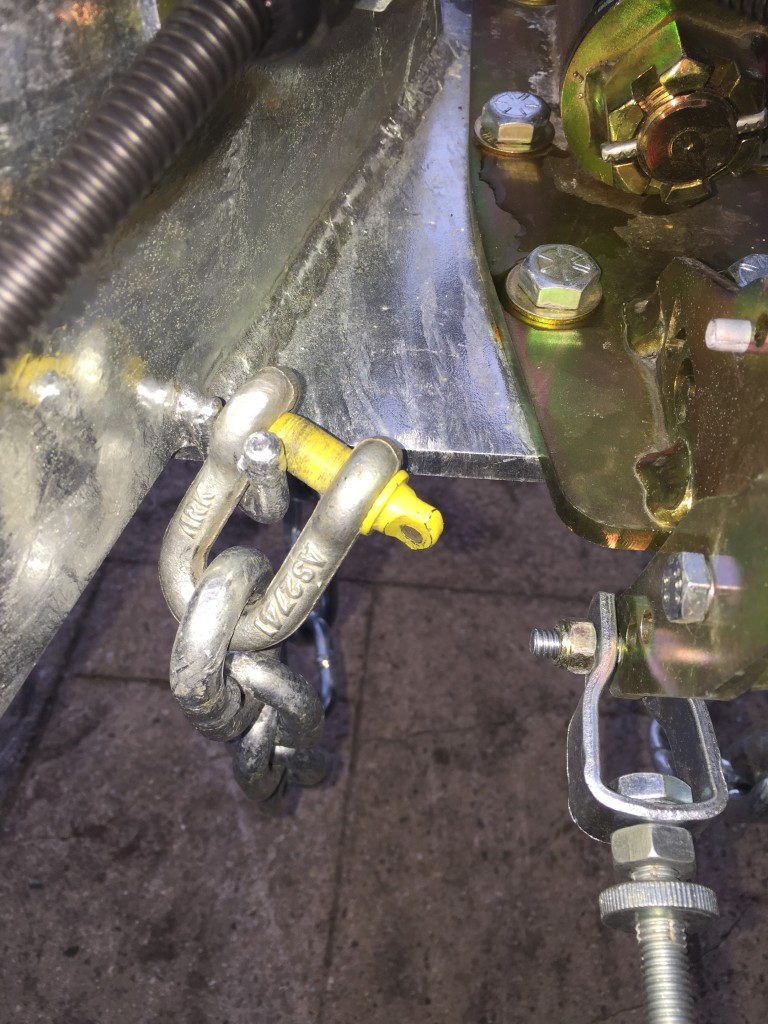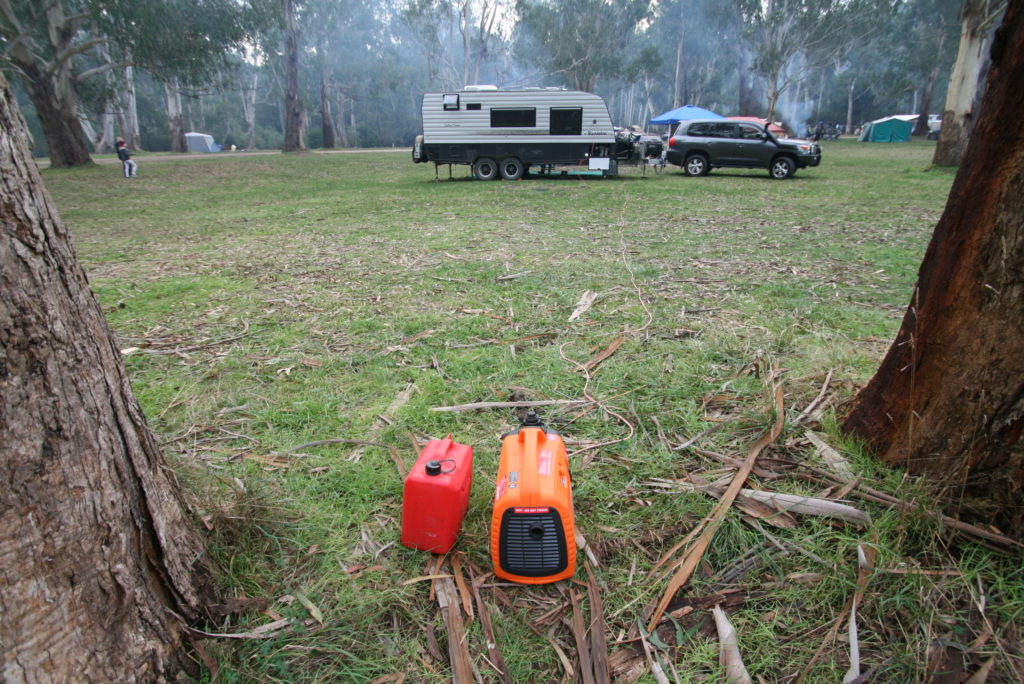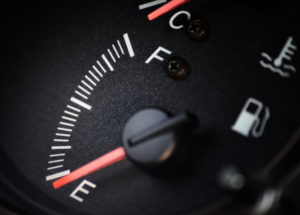Top 10 Novice Questions Answered.

I remember the day we went to pick up our first caravan. We had plenty of time to prepare for it during the weeks leading up to delivery and I thought we had all the questions ready to go when we got there. Unfortunately, we got caught up in all the excitement and completely forgot everything we wanted to ask. The handover was very comprehensive but most of it went in one ear and out the other. Before we knew it, we were on the road, driving home with a huge van in tow and all the questions we had planned to ask circulating in our minds.
Finding the answers to these questions can be difficult especially with all the ‘experts’ out there offering their opinions. Here we list our top 10 most asked questions by novice caravanners and to make it easy we have given you very simple and straight forward answers:
How do I keep my van's batteries charged when it’s stored at home?
There are two way to keep your batteries topped up between trips. You can plug you van’s 240 volt power into your home electricity feed. Be aware that unless you have a 15 amp outlet installed in your home, you will need a device to allow you to utilise a regular 10 amp household socket. AmpFibian would be the best known manufacturer of these products. The other option is to purchase a small solar panel and connect it to the Anderson plug on your drawbar. This will trickle charge the batteries and keep them topped up ready to go.

Should I leave my window blinds up or down when on the road?
It is generally accepted that you leave your blinds down when you are travelling on the road. This ensures they are rolled up in their mechanism and safely secured. They won’t move around and jump out of their tracks or close suddenly which can result in damage to the blinds themselves.
Do I need rated D shackles on my safety chains?
Yes. While it is not a legal requirement, in the event that your towing hitch fails, the D shackles will be the only things connecting your caravan to your tow vehicle and preventing it from careering off uncontrolled on its own. The forces exerted on your safety chains and D shackles in this situation are very high and only rated D shackles are designed to withstand these forces. For your safety and that of other motorists around you, use properly rated D shackles.

What chemicals should I use in my toilet cassette?
There is such a wide variety of toilet chemicals on the market today, it will basically come down to ease of use and the fragrance that suits you. We have found the satchel type to be convenient but a little expensive. The cheaper chemicals available from outdoor stores are OK but they may not have the same odour masking effect of the better brands. Using nappy sanitiser and a few drops of eucalyptus oil is extremely effective at masking odours.
Whatever you choose to use, always read the label carefully and ensure the product is septic tank friendly and biodegradable. It should state ‘safe for septic tanks’ and ‘surfactants are biodegradable’. Always follow any directions on the packaging and never use more of the chemical than the manufacturer recommends.
Do I need a grey water tank?
While it is true that there is an increasing number of camping and roadside stops that will require you contain your grey water, there are many more that do not. In fact, in many locations, especially in dryer climates, the disposal of grey water onto plants and grassed areas is encouraged. With the increased awareness of the possible health issues associated with untreated grey water, and as a general curtesy to other travellers, there is no harm in having some form of grey water containment. An inbuilt grey water tank is probably the best way to ensure you can camp anywhere without breaking any rules.
Is it safe to leave my camping gear outside unattended?
There used to be an unwritten rule that no one touched anyone else’s camping gear. You could leave your stuff around your campsite without any fear of it being stolen. Unfortunately, that is not quite the case these days. Things like camp chairs and tables are generally safe to leave unattended but expensive stuff like car fridges, portable generators and solar panels are all highly desirable. You can deter thieves by chaining and locking your gear to your drawbar but nothing will stop a determined thief better than locking your expensive items in your van, out of sight.

Is free camping safe?
In all the years I have been free camping around the country, I can only remember one time when I had any concern for my safety and that didn’t result in anything untoward. Our approach is to use common sense. Try to camp near other campers if you can. If you want some privacy, at least ensure you are within shouting distance of other campers. If you have any doubts, have your rig hitched up ready to go at a moment’s notice so if you do sense any danger, you can get out as quickly as possible. If your gut is telling you something is not right, move on to a safer location.
Do I need a generator for free camping?
Everyone will have differing needs and circumstances when it comes to power requirements. That said, a small generator can be very useful especially if you find you’ve not had sufficient sunlight during the day to recharge your batteries and you need to run appliances like a CPAP machine or to recharge smart-phones. As a backup device, a small 1000 watt generator can power a 25 amp battery charger and that may be all you will ever need.

Should I travel with my water tanks full or empty?
This will largely depend on your destination and if you will require any water along the way. Personally, I like to keep a supply of fresh filtered water available where ever I go in case the drinking water at my destination is not to my liking. That said, there really is no need to travel with full water tanks if you’re just going to a caravan park or somewhere you know there will be a supply of drinkable water. The extra weight will put unnecessary strain on your tow vehicle and you’ll use more fuel than you need to.
Should I do a towing course?
If you have never towed anything bigger than a box trailer, I would highly recommend doing a towing course before you venture off on a caravan holiday. Even if you have towed a camper trailer, towing a caravan is a completely different experience and requires specific skills especially in an emergency. Something to consider is that when you go to pick up your first caravan from the dealership, you’re going to have to get it home and if you live in one of the big cities, it may mean driving your new pride and joy in built up areas and peak hour traffic. This is NOT the time to learn how to tow a big caravan.
We hope this has been of some assistance to you. If you have any more questions that you would like a simple answer to, please feel free to send them to us at RVeeThereYet@gmail.com.
Safe travels



